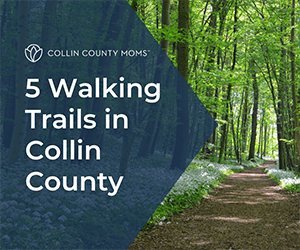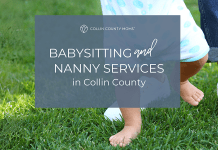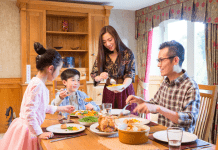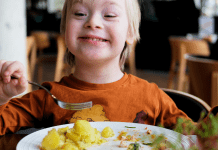
All things considered, I distracted my daughters from the unfolding scene fairly well. As I gestured to bins of dollar items, a struggle unfolded at the automatic doors just 30 feet from where we stood. A shoplifter violently grappled with the store’s security team and slid out of his shirt as they wrestled him to the ground. An alarmed crowd filmed the scene with extended arms while several nervously whispered predictions and opinions.
Once I realized we weren’t in any danger, I hustled my kids to a checkout stand as far away as possible and walked out of the store relieved that my kids missed the whole event.
Except that by this point the police had shown up and the shoplifter was shirtless, handcuffed, and laid out on the pavement.
Right in front of the store. Directly in the path to our car.
My two kids panicked. The oldest burst into tears as she surveyed the flashing lights and loud, aggressive shoplifter. It took every bit of the 15-minute car ride home to help them process what they both saw and were feeling. I walked in our back door frustrated that my kids were scared because they were exposed to something I had no control over.
Later that evening I complained to my husband about the whole incident. I had tried my hardest to keep them from experiencing the uncomfortable and scary scene, but in the end I didn’t have any control over it. He understood, but then asked, “Should we shield them from being uncomfortable and scared?”
“Well, yes. I mean, no. I just wanted to shield them from this particular event!”
“Maybe so, but we can’t raise our kids in a bubble and they will experience things we can’t control.”
I nodded because I knew he was right, but this was one of my first times to experience this and I didn’t enjoy it. I’ve said for years that it would be a disadvantage to protect my kids from healthy feelings like sadness, disappointment, or even pain, but that was in theory and this reality felt much different.
Twenty-four hours later this reality hit me again when my grandpa died.
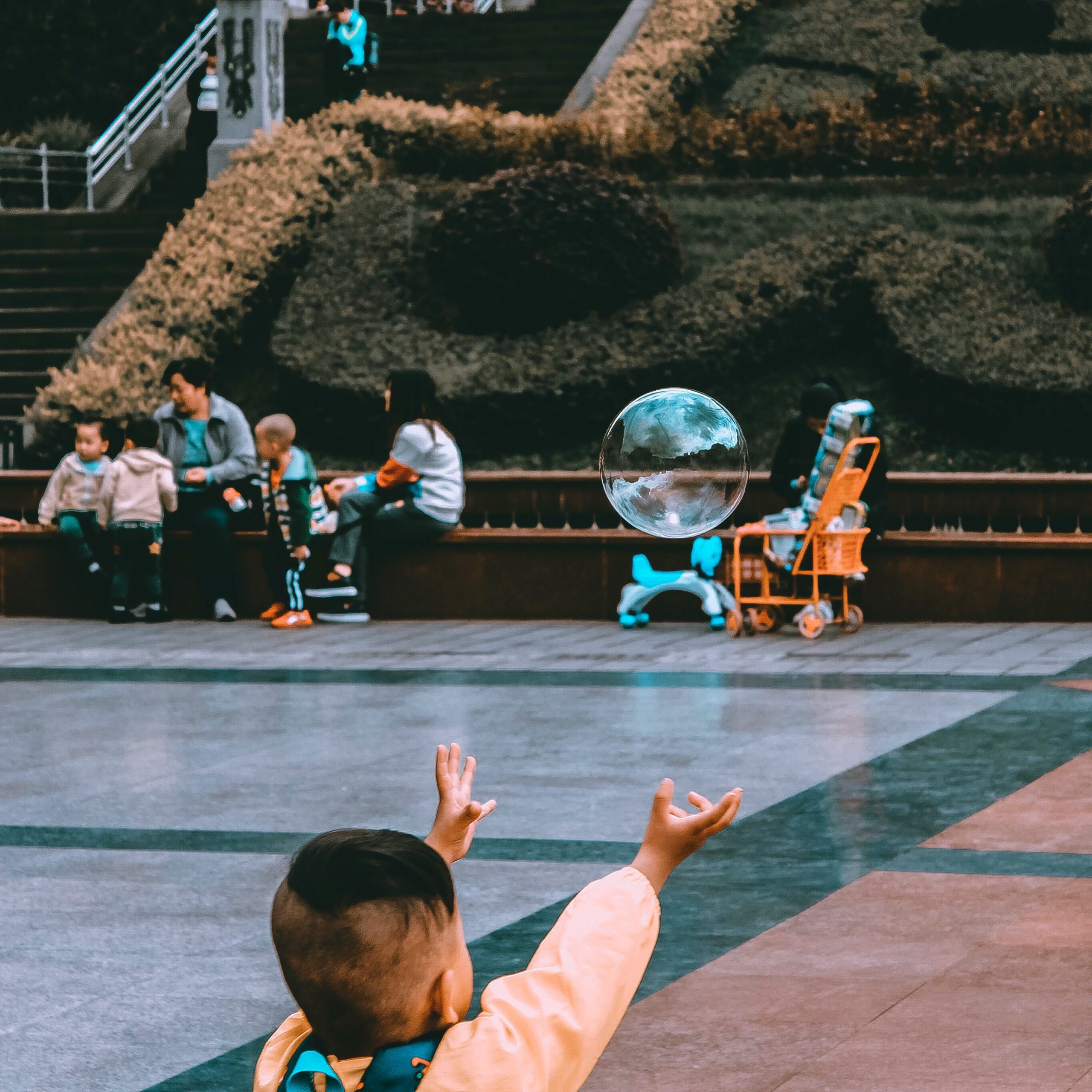
Again, I felt the weight of walking with my kids through an unfamiliar and distressing situation that was out of my control, and this time it hit much closer to home. I was devastated to lose him and I knew my kids would be sad too.
The weeks that followed included a funeral, hard conversations, and sadness. I felt an urge to try to control everything I could, but so much of it was beyond my control. My kids handled everything remarkably well. They asked questions and were sad at times and they also tried to cheer people up with hugs and smiles. They demonstrated a healthy empathy and resilience.
While I wish neither event happened, I’m thankful we experienced both together. I know it’s not possible, or healthy, to shield my kids from uncomfortable or distressing situations all the time, but living through these two events so closely together reminded me how thankful I am that my husband and I can walk alongside my children and help them navigate these tough situations together, while they’re still with us at home.
My kids don’t live in a bubble and there’s a limited time we have together to help them develop healthy coping skills, empathy, and resilience so we’ll keep leaning in to hard situations and tough events together so that when bubbles burst later in life, they’ll land on a solid foundation.




